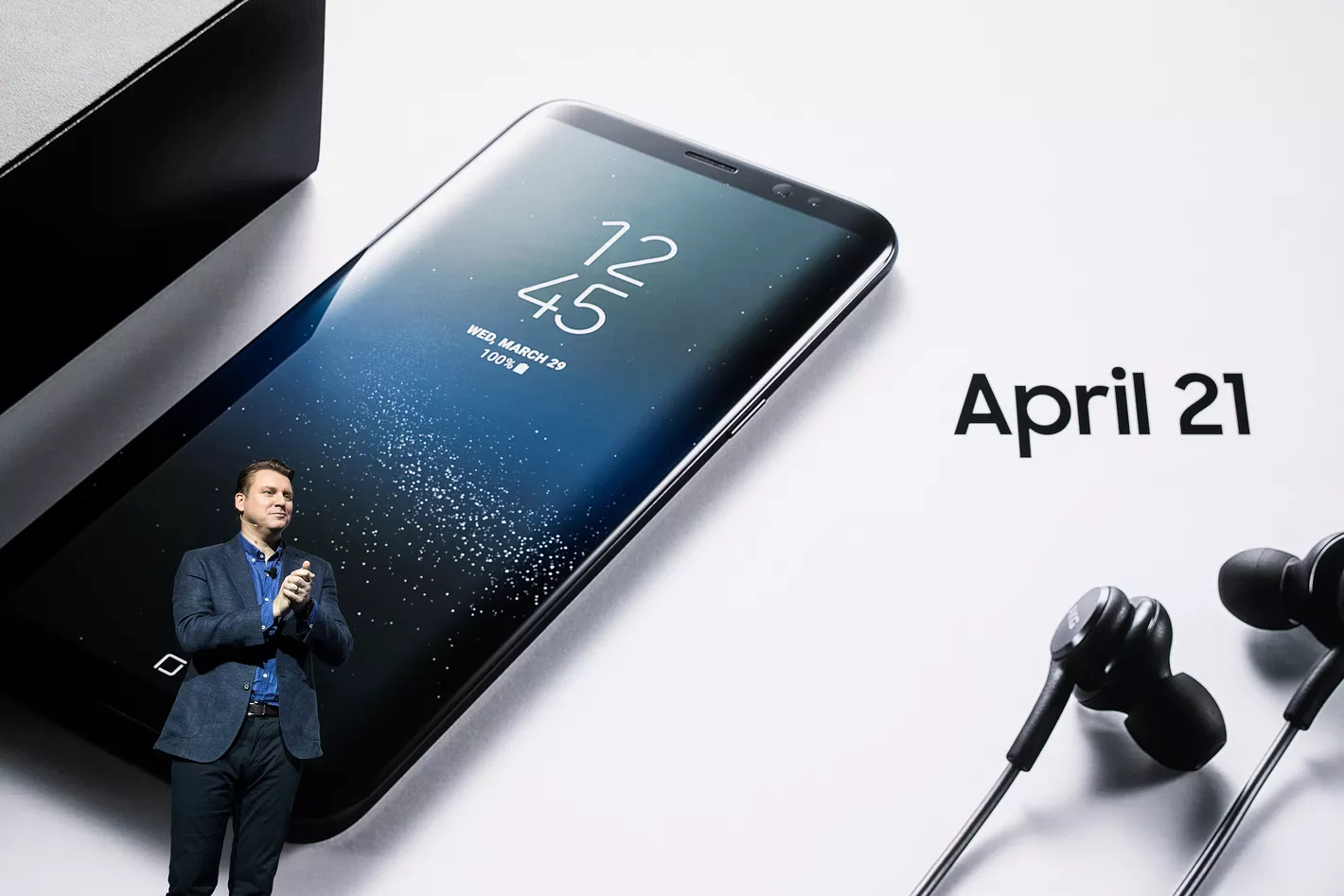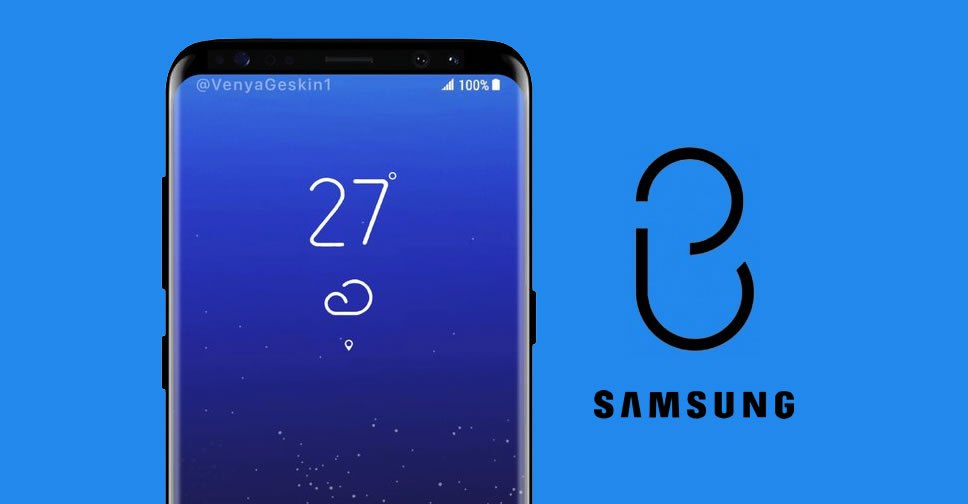Samsung is uniquely positioned to provide the most advanced hardware for connected devices (and smart home devices) to virtually every company in the world.

Over the past twenty-odd years, the prevailing belief in technology has been the need to have its own operating system in order to have some weight and influence. Companies such as Microsoft, Apple and Google have turned their operating systems into platforms through which they provide additional profitable, and also determine the vector of development and application of experience in collaboration with other companies who want to access users of devices with a specific OS.
In an effort to track this strategy, we have seen many companies vainly try to achieve the highest position of power and control in their field by building or buying their own operating systems. There have been many attempts to reproduce what seemed to be the only correct strategy, starting with BlackBerry, HP and LG with WebOs, and ending with Samsung with Tizen.
Be that as it may, over the past year has already seen the growth of platforms that were created to exist independently of the OS. Striking examples of such platforms are Alexa from Amazon, Facebook and Samsung, which recently joined this company, with a whole set of services that, although initially focused on hardware, in fact reflect a more holistic approach to a multi-connected and multi-device world.
Interestingly, even many of the traditional OS vendors are beginning to grasp the progressively diminishing importance of an operating system-only platform and to think more actively about the principles of 'metaplatforms'. Each of the major OS vendors, for example, has a strong focus on their voice assistants (most are available on multiple platforms) and treat them in the old OS analogy.
I suppose that in the future we will see an increase in the number of services based on machine learning and artificial intelligence that can connect to voice assistants or traditional operating systems, but in fact will be independent of them. AI services (from smart chatbots that provide automated technical support to sales and smart delivery of news and other media content) will open up a host of new opportunities for these new players.
Another core service will be built with an eye on authentication and digital identity capabilities. It will become not only a universal login, but also serve as an identification tool for e-commerce, online banking, secure communications and other aspects requiring verification and authentication of identity.

Yes, some of the independent platform strategies have been around for a while, but Samsung's first real glimpse into the future was the launch of the S8. With its extensive portfolio of not only commercial mobile devices (smartphones, tablets, PCs, wearable electronics), but also TV and other consumer electronics, including large ones, Samsung is uniquely able to provide the most advanced hardware for connected devices (and smart home devices) for almost any company in the world.
The recent purchase of Harman, a major supplier of automotive components, could kickstart Samsung's push into the smart car market.
To date, the company has practically never used this potential in its capabilities, but everything goes to the fact that this will happen. In the same Samsung Pass, they went beyond the simple (albeit important) digital payment options in Samsung Pay towards full multi-factor authentication and verification with support for biometric sensors. The best part is that the service is compliant with FIDO Alliance standards for the transfer of individual credentials between devices and web services, which will be a serious 'driver' forward.

In more real terms, the Bixby assistant on the S8 provides a kind of analogue of the mentioned voice assistant by itself, but it is also potentially linked to other Samsung devices. And so, at some point, you can tell Bixby to monitor other Samsung or non-Samsung devices via Samsung Connect Home or SmartThings. There is no doubt that other companies are already offering similar devices as a key smart home control, but none of them have the same reach and brand penetration and user base as Samsung.
As for any attempt to conquer the tech world with a single brand, Samsung cannot make a big move without advising its partners (and even rival) on the device ahead of time in order to create a viable platform. Yet, due to its enormous influence on many aspects of households around the world, Samsung now has great potential to become the company that 'breaks the mold' in the platform war.
Original material by Bob O'Donnell
New rules of the game often originate in experiment, a company takes risks in order to get something new, to come out ahead and set a trend for a while. The same mobile division of Samsung has experience of 'trial and error': one of the experiments resulted in the Edge line, and for some time a similar solution has been copied by other manufacturers.
As for the mentioned 'metaplatform': will this experiment succeed? It is difficult to understand at this stage, but everything is possible, the market is developing, including through such trends. On the other hand, I believe that Samsung will not give up the idea of its ecosystem so easily, the fallback will not hurt anyone. But this does not negate the fact that the idea described in the material can 'shoot'.
